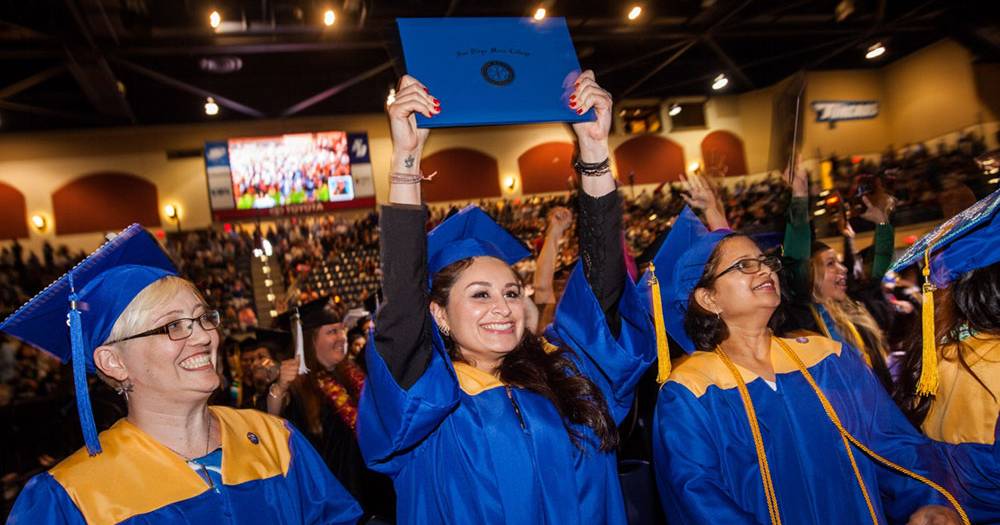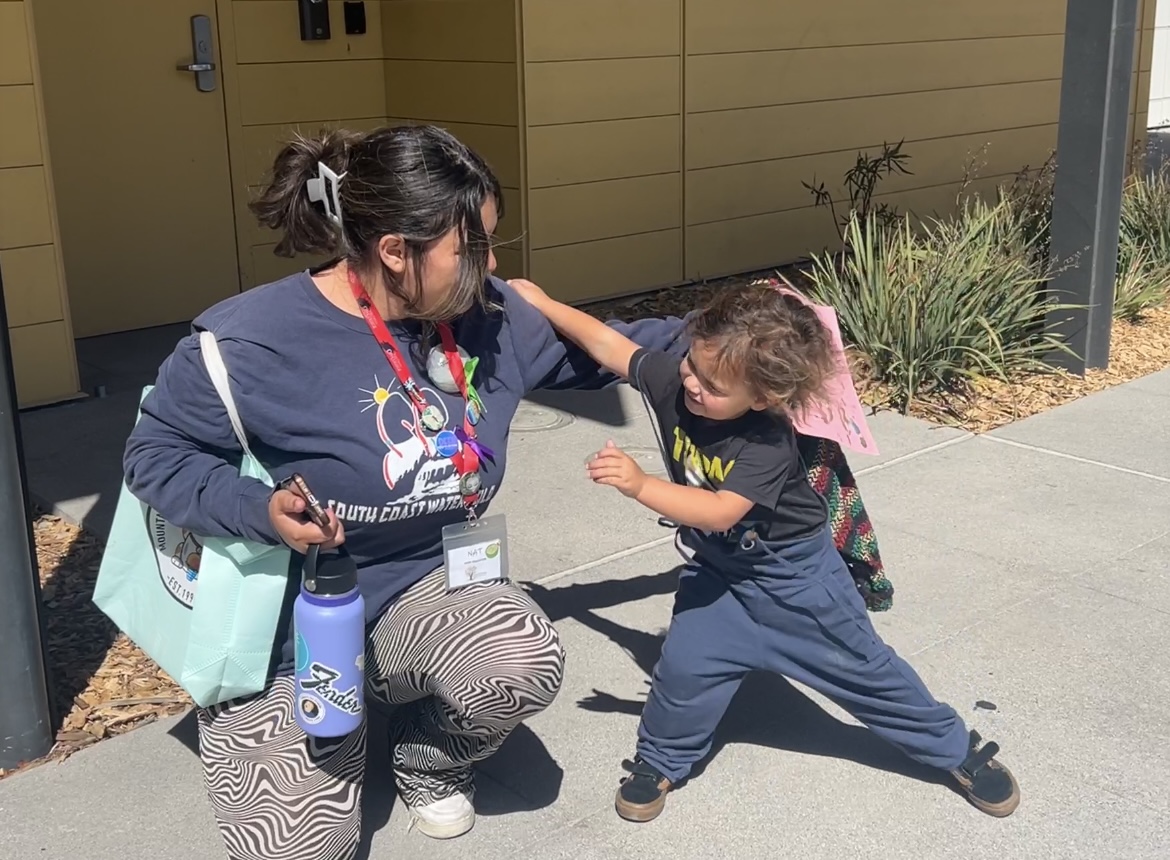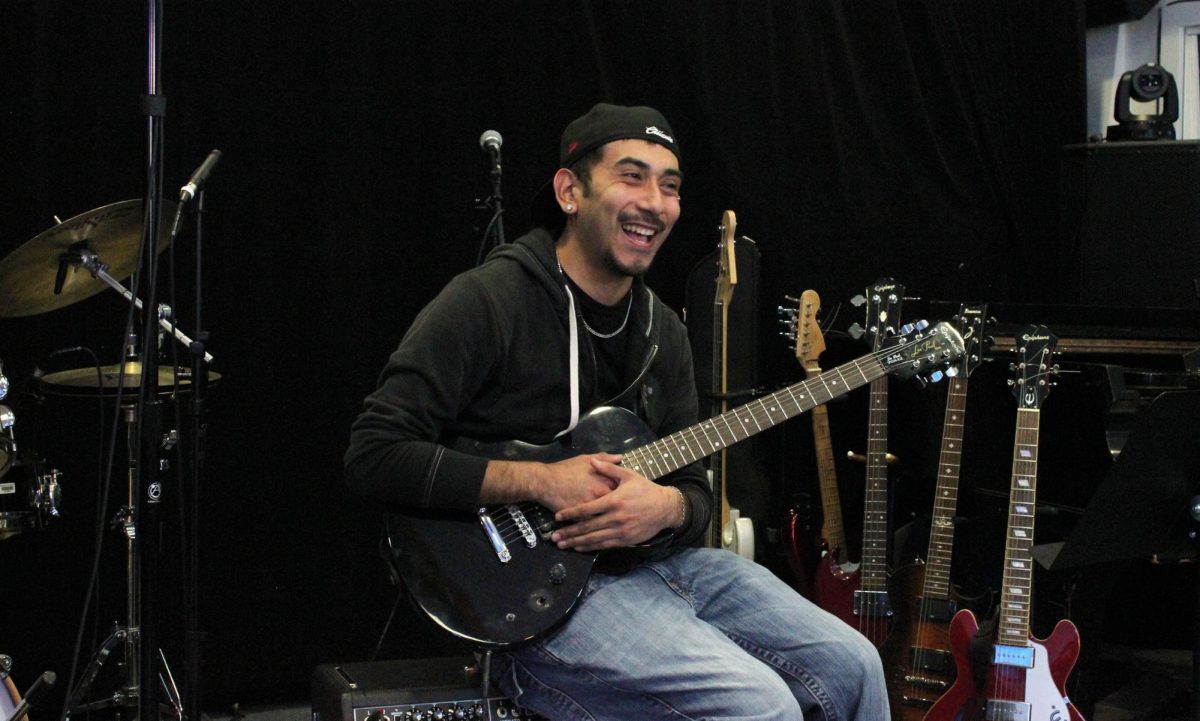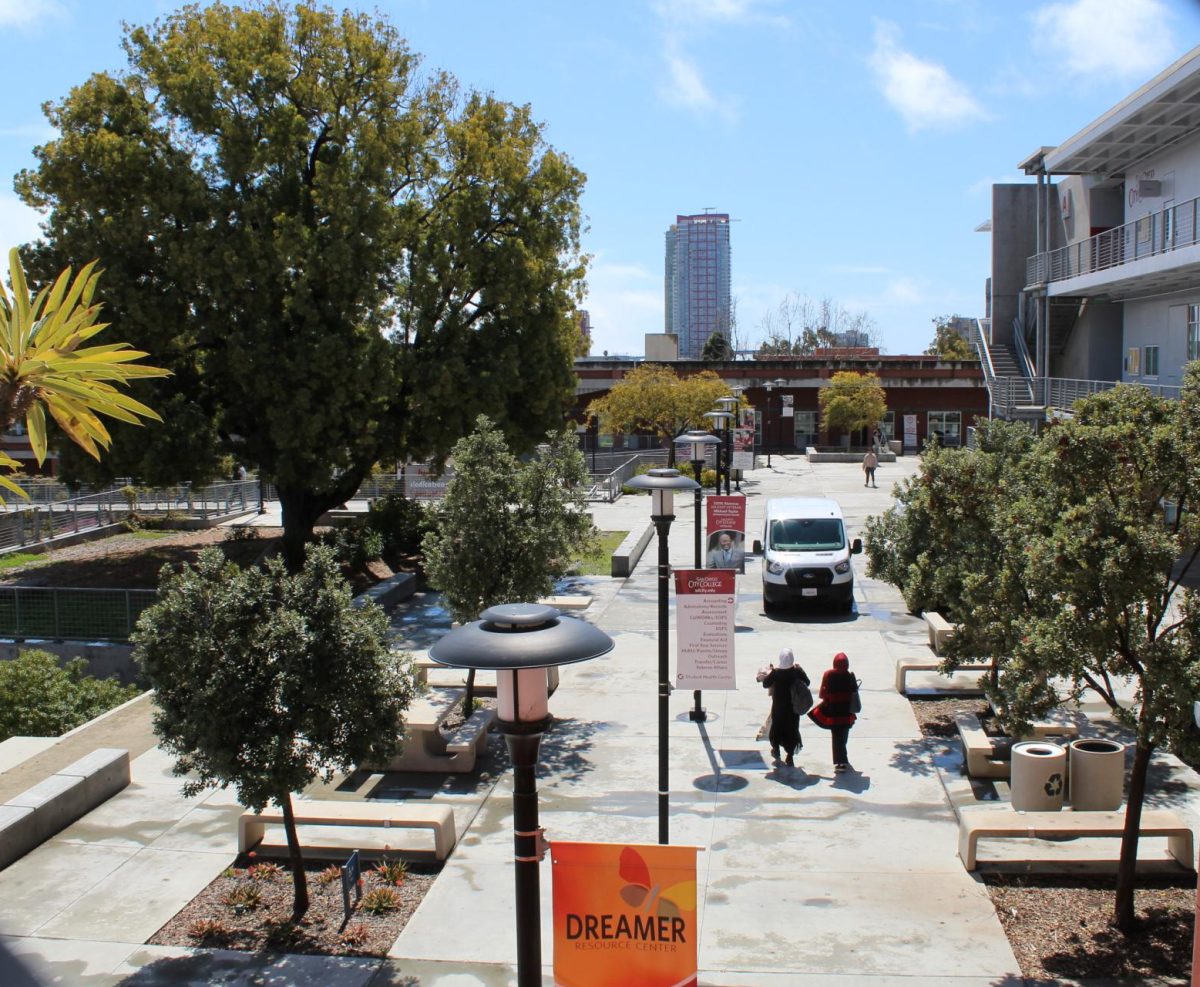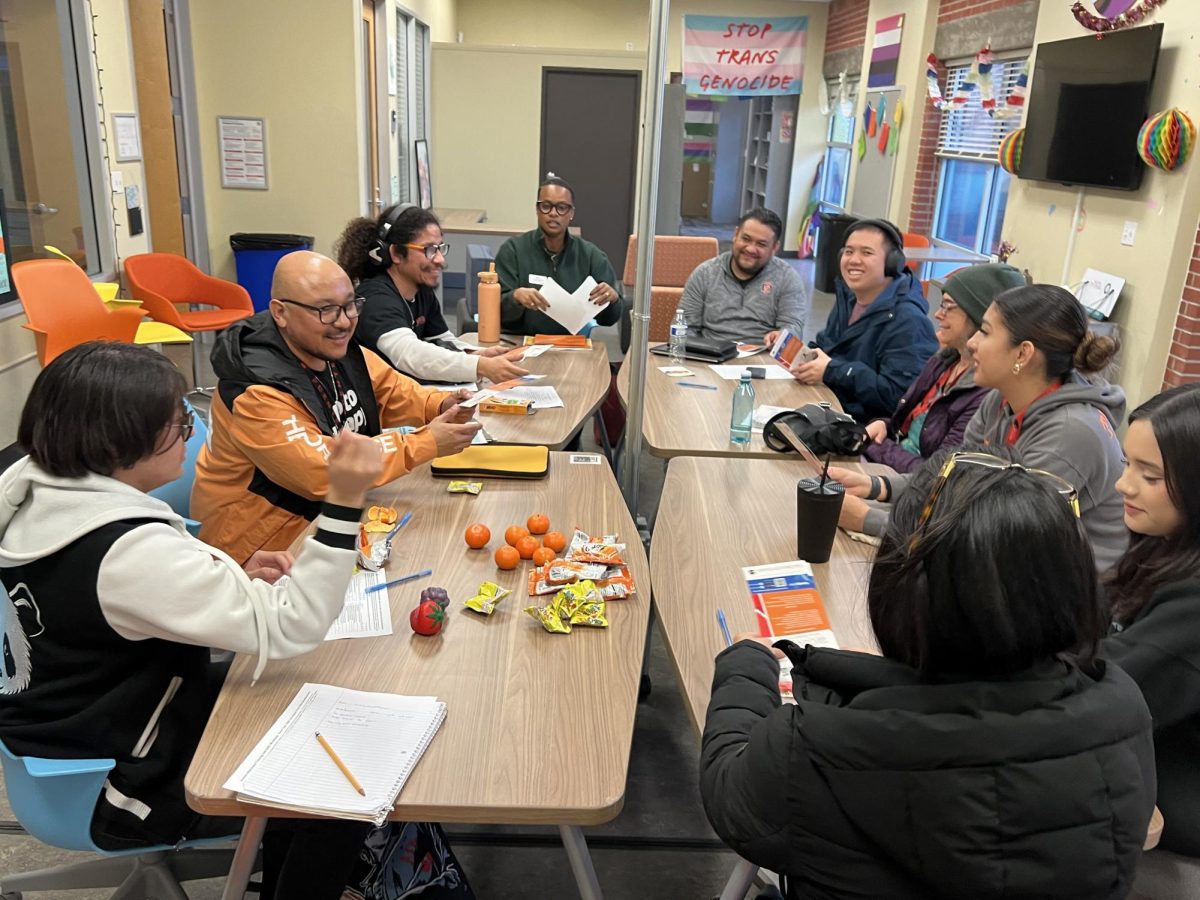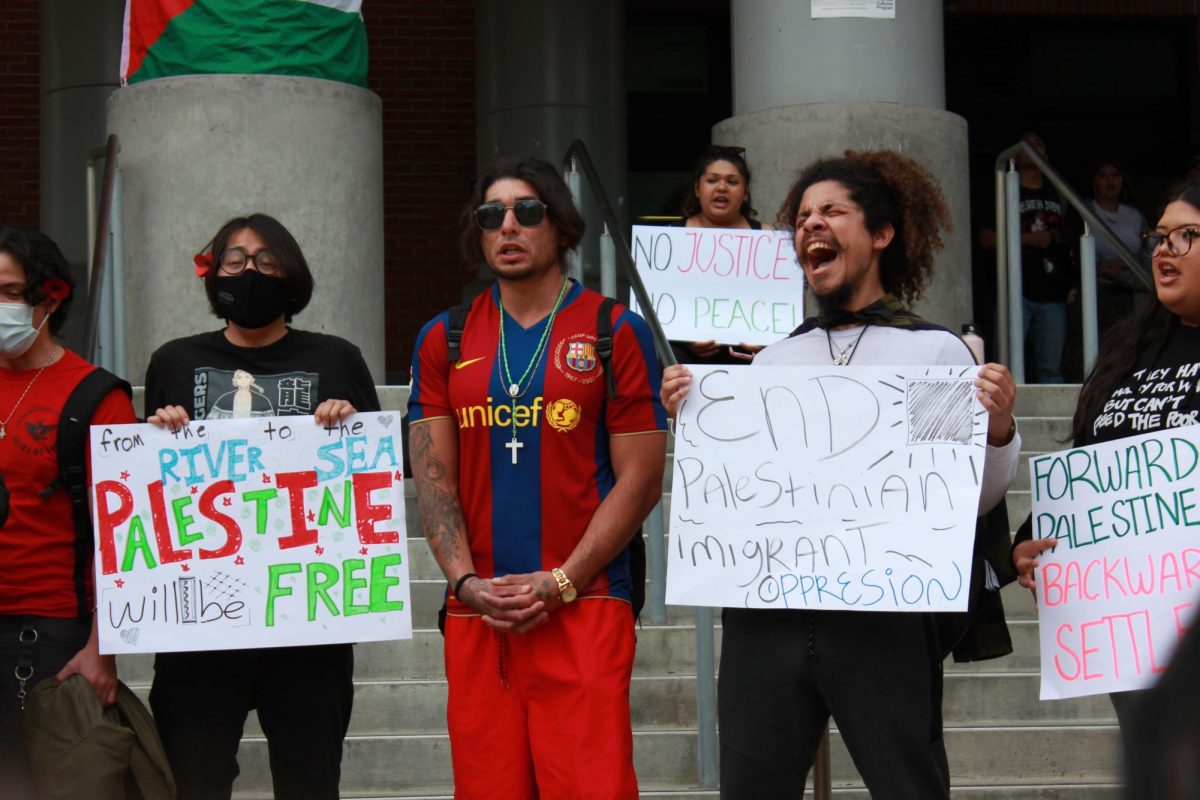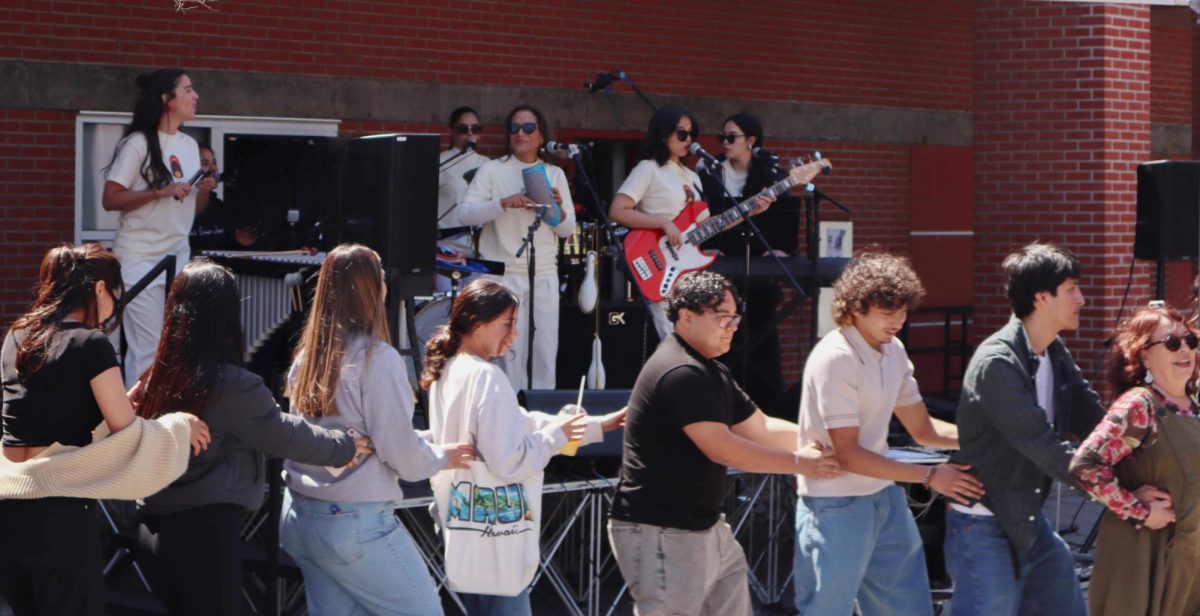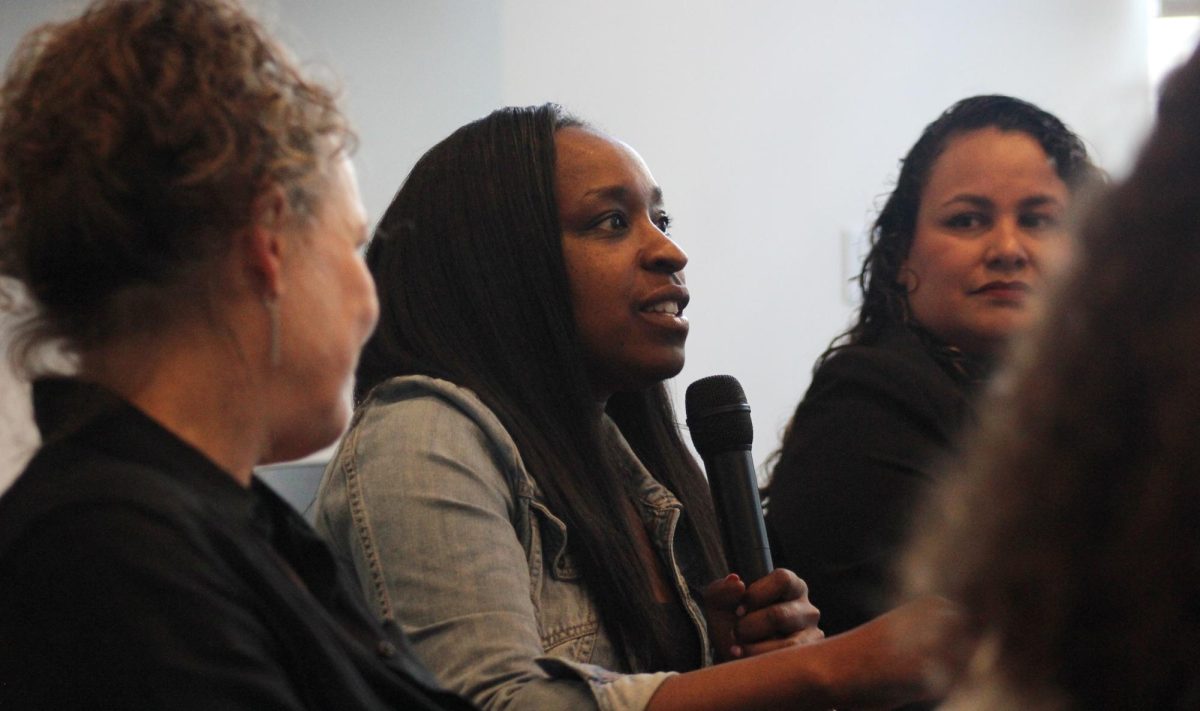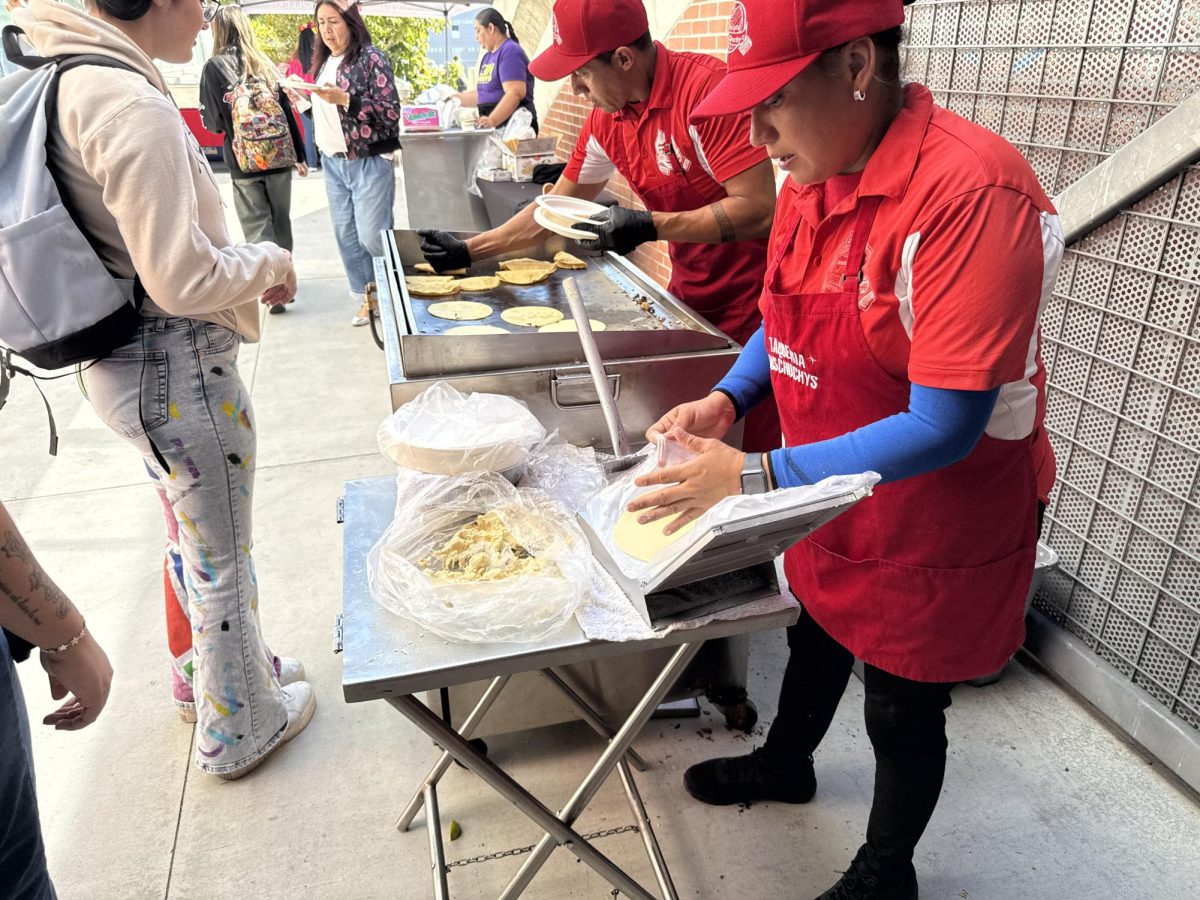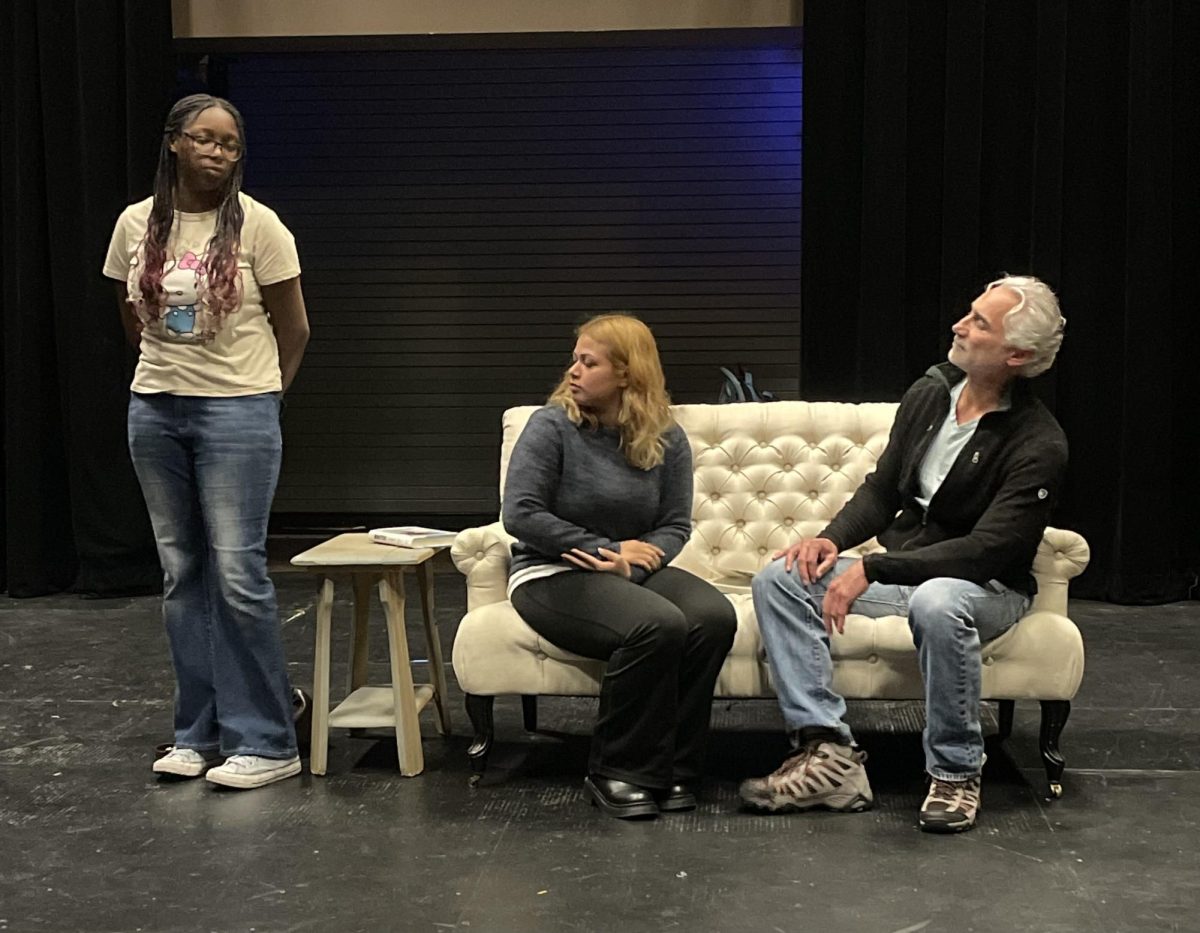California Community Colleges Chancellor Sonya Christian led her second student media teleconference, which was centered around baccalaureate programs, transfer improvements and dual enrollment on Nov. 7, 2023.
Community colleges statewide are being approved for bachelor’s programs, including a public safety management bachelor’s at San Diego Miramar College last month.
New community college bachelor’s programs cannot replicate existing California State University programs and have to go through an approval process, according to the Chancellor.
Christian said community colleges get these bachelor’s programs approved by demonstrating local workforce need.
The state chancellor was at El Camino College during the call, which is addressing its healthcare shortage.
“El Camino was just approved for respiratory care (degree),” Chrisitan said, “The executive director of the Los Angeles Economic Development Corporation was stating what a significant workforce need (they have) and (was) just super thrilled that El Camino has (the program).”
Christian said community colleges are creating baccalaureate degrees to help students receive their higher education locally.
“Many of our students are place-bound, and they are local. They don’t have the ability to get that bachelor’s degree by moving to a 4-year university that’s not close to home,” Christian said.
The Public Policy Institute estimates 1.1 million bachelor’s degree graduates will be missing from the workforce by 2030 as Baby Boomers leave the workforce, and Christian believes it’s the CCC’s responsibility to get Californians their bachelor’s through transfer to universities or community college bachelor’s programs.
“If we extrapolate with how we are doing now, we’re not going to be able to meet that goal,” she said. “We’ve got to approach it in partnership and really double down on all of the efforts to get that bachelor’s degree to as many Californians as we possibly can, especially those who have been historically underrepresented in higher education.”
The CCC is aiming to make transfer simpler by streamlining the university application process, according to the chancellor.
The Program Pathways Mapper is an online tool that connects 31 California community colleges with 4 CSUs and UC Merced, and allows students to create coursework plans for their desired degree through transfer.
Additionally, the program helps students take the right classes and avoid taking unnecessary courses.
Christian is also a proponent of increasing dual enrollment programs for high schoolers so they can receive their degrees faster by participating in community college classes.
She said the Committee on Higher Education in the California State Assembly is currently focused on increasing dual enrollment.
“There is an emphasis on getting every high school student to complete at least 12 college credits by the time they complete high school,” Christian said.
Christian said the Chancellor’s office is also making moves to make community college education more accessible to returning adult learners and students who work full-time.
“We’re moving a piece of legislation that is looking at funding colleges for short-term classes in the same way as the semester-length classes,” she said. “So you’re gonna see a lot more support for our adult learners.”
Christian also said that work experience could soon be evaluated to count for college credit with a new program based on the existing veteran’s experience accreditation program.
“Part of our strategy in building a welcoming environment for adult learners is when we meet with them, we are going to be able to analyze their work experiences and provide college credit,” she said
Christian highlighted improvements to the Free Application for Federal Student Aid, or FAFSA.
“I’m so happy to report that that application has been made much more streamlined,” Christian said. “The number of questions went from 108 questions to about 36.”
The chancellor mentioned to students the eligibility criteria for single parents changed and more single parents can now receive aid.

